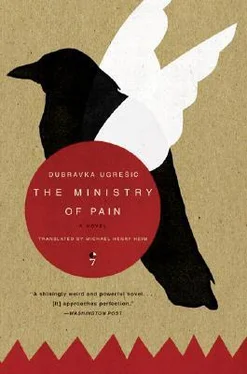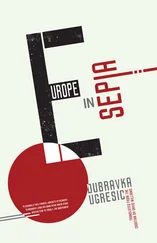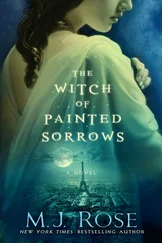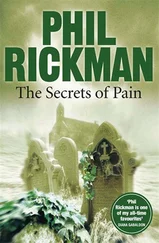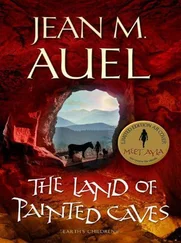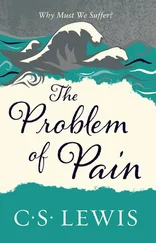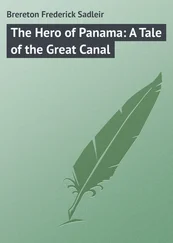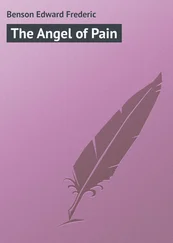If Amsterdam’s famous curtainless windows expose the interiors behind them, the interiors behind them expose the absence of privacy. Thus the sacred right to privacy is paradoxically confirmed by its absence. The front verandas — scarcely big enough for a chair or two — represent another exhibition space of absence: when the weather is hot, residents sit out on the verandas like live exhibits watching other live exhibits, the street traffic, amble past. Amsterdam is a permanent stage, but if that is a characteristic it shares with all other cities on earth, it differs from them in the almost mechanical effort the inhabitants invest in performing on that stage, in making over their windows into display cases, in promenading their bodies on walks or bicycles. Like any tourist I was charmed at first by this Disneyland for grown-ups, but before long I found it repellent. Perhaps I projected my own nightmares onto the city and read meanings into it that were not there. The fact remains, however, that it was Amsterdam and no other city I had chosen for my screen.
If Amsterdam was a stage, I had a double role: I was both audience and performer, watcher and watched. The water and sky and windowpanes layered and reflected one another, and stopping in front of a window that fairly forced me into voyeurism I would catch my own image melting into the interior, the picture on the TV screen, the owner staring at the screen from his armchair, the reflections of other passersby. If I passed a window in the red-light district, my reflection would cross the prostitute’s face like a shadow. Everything reflected everything, everything merged, the reflections of the houses swimming in the canals together with the windows mirroring the sky. The very thought of it made my head spin.
Some of the front doors had mirrors sticking out on metal stalks, the purpose of which was to enable the inhabitants to see who was ringing without themselves being seen at the window. I often caught my reflection in those mirrors. I had the feeling I might slip through them into a parallel world, and I was frightened at the thought of seeing myself from inside, hidden behind the curtain, ringing the front doorbell.
One day, passing a group of American tourists that had gathered round an old Kalverstraat organ grinder and hearing them gush over him with the word “cute,” I was reminded of its equivalent, leuk , in Dutch and realized that leuk ness was the key to the problem. Leuk ness was an antiseptic, a disinfectant that removed all spots, all bumps, put everything on an equal footing, made everything acceptable. Near my house there was a gay bar called the Quinn’s Head with a display of ten male dolls, ten Kens, in the window. It was a leuk display. Whenever I passed it, I thought of the live Barbies — young women from Moldavia, Bulgaria, Ukraine, Belarus — the traffickers, traders in human flesh, bought up for export. I thought of the fresh East European flesh setting off on the long journey west. If it didn’t get bogged down in some Serbian or Bosnian backwoods, it would end up here. I thought of them and of the Eastern European Kens who had come to this Disneyland to entertain the grown-up male children here, to give them alien flesh in which to insert their male members. How leuk it all was. And what is leuk is beyond good and evil; it is amoral not immoral; it is simply take it or leave it.
Early one morning I witnessed a scene that pierced me like a knife. The streets were still empty when the porcelain quiet of dawn was rent by a scream. I saw a woman coming toward me, her arms flailing, her fists clenched in a threat, her mouth emitting a mixture of words and moans. I glimpsed a mask that seemed to have merged with her face, a mask of pain. Her eyes were tearless, locked in a dull stare, her mouth twisted downward. She walked past without noticing me, though I was the only living being in sight. On she went, her fists in the air. She seemed to be rehearsing a list of insults gathered over a lifetime. Even though I could not understand them, they penetrated me to the quick. It was the combination of the vital shrieks and the dead, papier-mâché face that did me in.
And when on one of my nervous train trips I got off at The Hague and went to visit Madurodam, I found myself in the very heart of the metaphor I had been seeking. Madurodam is a perfect mock-up of the Netherlands, a Dutch Disneyland. It had everything — the cities, the houses, the canals, the bridges, the windmills — and everything was “true to life”: the water ran, the bonsai were budding and the grass sprouting, the boats plied the waterways and the bridges raised to let them pass, the air was abuzz with helicopters. It had people, too: the drivers of miniature buses and trams, switchmen, conductors, pilots, pedestrians, doctors, shopkeepers, shop assistants, tourists, children, grown-ups, senior citizens, farmers, firemen. It had Schiphol with all its runways, planes, control towers, terminals, and passengers. It had the parliament in The Hague and the cathedral in Utrecht. It had the famous Alkmaar cheese market, Amsterdam’s Rijksmuseum, Rotterdam’s Erasmus Bridge, the Groningen railway station, the Ameland lighthouse…. And suddenly I had an epiphany: I saw myself sitting on a bench in Vondel Park like a butterfly in an album or admiring a painting the size of a child’s fingernail in the Rijksmuseum. Amsterdam-Madurodam. Madurodam-Amsterdam. I suddenly realized that I lived in the largest doll’s house in the world. I refused to look out of the window. What would I see? Only the giant pupil in the giant eye of a child.
Then I would alter my perspective and Amsterdam would again become “one of the most beautiful cities in the world,” a “desert rose.” I thought of desert winds ingesting indifferent desert sand, grinding it with their teeth, burnishing it with their burning tongue and spitting out a stone flower. On rainy days, when the sky came down so low it seemed to rest on the roofs, the stone rose had a dirty, ghastly cast to it. But the moment the sky lifted, the “rose” would fill with light and shine with a glow that left me breathless.
For the most part I adjusted my pulse to the pulse of the city and went on with my life. I went to the market, bought fish, fruit, and vegetables and sampled the myriad varieties of Dutch cheese; I kept up with the latest films; I people-watched in cafés; I went to galleries and museums. And life seemed its normal, laid-back self again. I lived in the heart of Amsterdam, which, or so it sometimes seemed to me, pumped more cotton candy than blood. Though maybe my own heart was broken and my view distorted. Maybe the instinct of self-preservation was the glue that held my heart together and made me believe that everything was “normal.”
We are Pioneers,
Soldiers brave and true.
Every day we sprout
Like the grass anew.
I kept thinkingwe had time to burn, but the first semester was over before I knew it. And since the end of the semester coincided with my birthday, I proposed that we all go out and celebrate the two together. I had a plane ticket to Zagreb, where I would spend a week before coming back to prepare for the second semester.
The kids chose an old Dutch pub near the main railway station. One of them knew the owner. It was nearly empty: there were no more than three or four regulars at the bar, the local drunks.
“Look,” said Darko, “we’ve got it to ourselves.”
Meliha had brought a box of genuine Bosnian urmašice her mother had baked. Igor, Nevena, and Selim, all of whom worked at the “Ministry,” brought me artifacts they had gathered at work: Igor a pair of handcuffs concealed in a bouquet of yellow roses, Selim a leather collar with metal spikes, and Nevena a black whip wrapped in purple paper and a red ribbon.
Читать дальше
